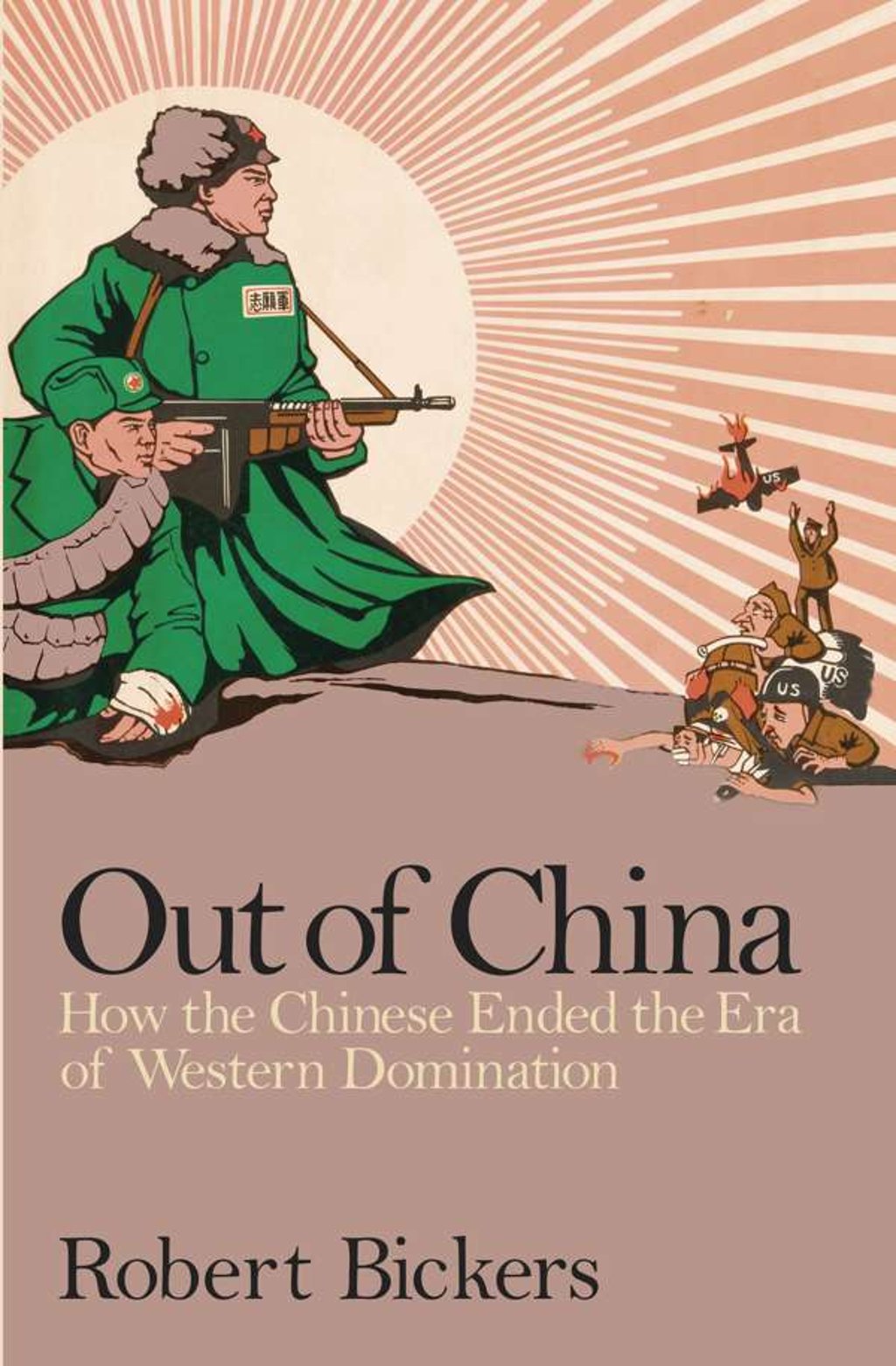China’s history problem: how it’s censoring the past and denying academics access to archives
British history professor and author Robert Bickers laments China’s redacting of historical documents, and says he’s proud to be labelled a ‘historical nihilist’ by Beijing

If you’re unfamiliar with “historical nihilism” here’s a little background. It’s China’s term for public scepticism about the Communist Party’s version of past events. It’s an expression that has been getting a lot of play in China in recent years, since the Party launched a campaign against historical nihilism – basically, against anything critical of the Party’s legacy, its past leaders or its leadership.
However, the term is like water off a duck’s back to Professor Robert Bickers, from the history department of Britain’s University of Bristol.
“I am very pleased to be labelled a historical nihilist – that’s now forbidden in China. It’s one of the seven ‘don’t speaks’ on university campuses and basically what it means is doing history properly, critically, assessing the facts,” Bickers told an audience in Hong Kong last month.
Chinese nationalism in the 20th century focused on humiliations of the past – defeats and invasions – as a way of rallying people, Bickers says. And since President Xi Jinping took power in 2012, nationalism has grown even stronger, which means “historical nihilism” isn’t likely to go away any time soon. At the annual meeting of the National People’s Congress in Beijing in March, lawmakers made the defamation of communist heroes and martyrs a civil offence.

“This book became a book also about the history problem, as much as a narrative of China’s steady contestation, not just in the political field, not just in the battlefield, but in the museums, on stage, on screen, in the concert hall with foreign power to assert itself,” Bickers says.